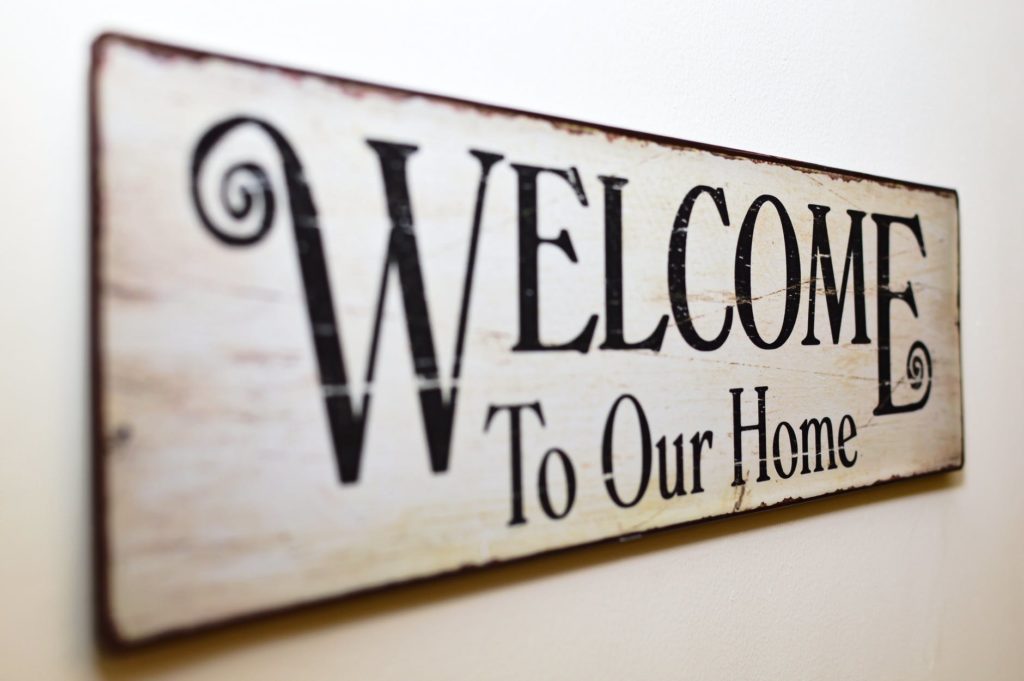Are you looking into opening a joint checking account? It’s important to first understand what a joint checking account is. A joint checking account is essentially the same as a standard checking account; however, instead of the account belonging to just one person, it belongs to multiple people. All of the people on the account have access to the money and can deposit money, withdraw money, or use the money in the account.

Because of this, a joint checking account is extremely common for people who are married, people who are in businesses together, parents and children, and adults with aging parents. This is ideal, as it easily allows couples and people in business to use the shared account to cover the expenses they share, parents are able to monitor their children’s spending habits, and adult children are able to help their older parents manage their finances if that has become a struggle for them.
Joint checking accounts are important and efficient, and they work. However, you need to make sure to choose the best joint checking account for you and your family or for you and your business. How do you go about choosing the best joint checking account? Here’s how.
Do Your Research First
Different credit unions offer different incentives and fees when it comes to all forms of banking, and joint checking accounts are no different. It’s important to do thorough research first to see what these are. For example, if an account requires you to keep a certain minimum balance and you’re unable to do that, choosing that account might not be the best joint checking account decision.
Take a step back and think about the monthly income you’ll have going into the account, think about all the bills you’ll be paying that account, and so on. Once you’ve figured all of this out, find a credit union that will work for you and not leave you paying high fees.
Use an Online Comparison Tool
Doing your research is extremely important but can be overwhelming. There are so many different credit unions and options and numbers and incentives being thrown at you. How do you know which one really is the best joint checking account for you and your needs?
To make things easier for you, there are some online comparison tools you can use. It’s important to remember that these comparison tools do tend to show the larger, national credit unions rather than smaller, regional credit unions. However, it’s a good place to get a lot of information, side-by-side, in one place.
Find a Credit Union That Offers Joint Checking Accounts with Little Fees
One of the perks of having a joint checking account is that it usually results in fewer fees than having multiple accounts. However, joint checking accounts do still have fees, just as any sort of account can. It’s important to research different credit unions’ fees to see if they’re something that can potentially apply to you.
If there are fees associated with the account, see if there’s any way that it can be waived (e.g., by having a direct deposit go into the account). There are some credit unions that offer zero fees, so if paying a potential fee is a worry for you, you should look for one of these credit unions.
Choose a Credit Union You and Your Partner Trust
If you have a credit union you already know, trust, and have accounts with, it may be worth looking there first to see if they offer a joint checking account that fits what you’re looking for. A lot of credit unions offer incentives for members—new and established—who are looking to open an account with them.
If you have a credit union you already work with, reach out to them personally and tell them you’re looking to open a joint checking account and see what they can offer you. Explain the needs of the joint checking account (i.e., business, newly married, aging parents, etc.) and see what they recommend or if they can better assist you. Credit unions like to support their members, so it’s worth reaching out to a credit union you’re already working with.
Consider Everyone’s Needs and Ask Questions
Just like when it comes to any type of banking, it’s important to do your research before committing to anything. It’s important to keep your needs and what you need to get out of this new account in mind. This will better your finances overall. When it comes to a joint checking account, it’s important to consider the needs of all of the parties who’ll have access to this account. Remember, anyone whose name is on the joint account will be able to use the account at their liberty. That’s an extremely important component to remember when choosing the best joint checking account for you and your spouse, partner, or family member.
As always, it’s important to ask a lot of questions and to talk about the options with everyone who’ll be named on the joint account with you. If you’d like to speak to a professional, once you’ve narrowed down your best joint checking account options, visit with a representative at each potential institution about your needs and what you’re looking to get out of your joint checking account. They can guide you in the right direction.
Still have questions? Please feel free to give Rivermark Credit Union a call today or fill out our contact form, and one of our professionals will be able to help you out. If you’re in the Portland, Oregon, area, and near one of our branches, please feel free to stop in to speak with us in-person. Remember, what works for one person financially may not be the best for another. Let us help you figure out what’s best for you.




